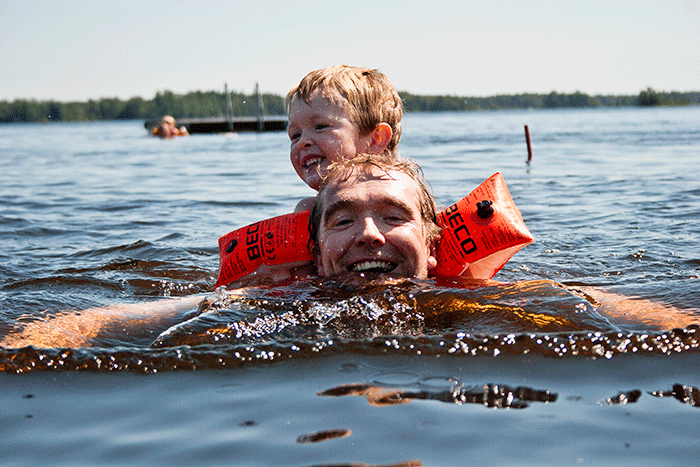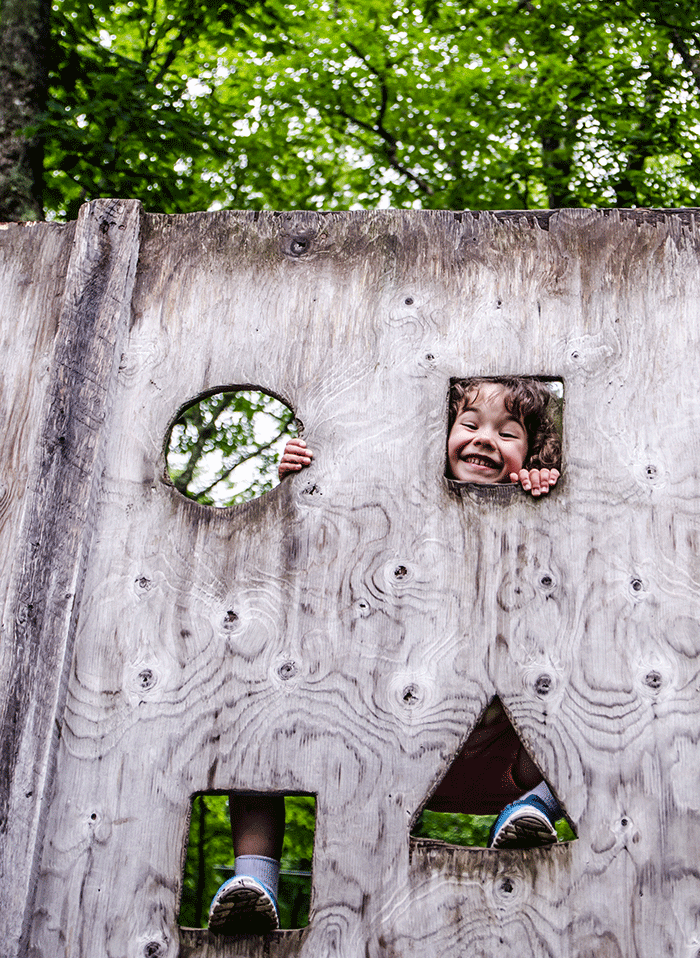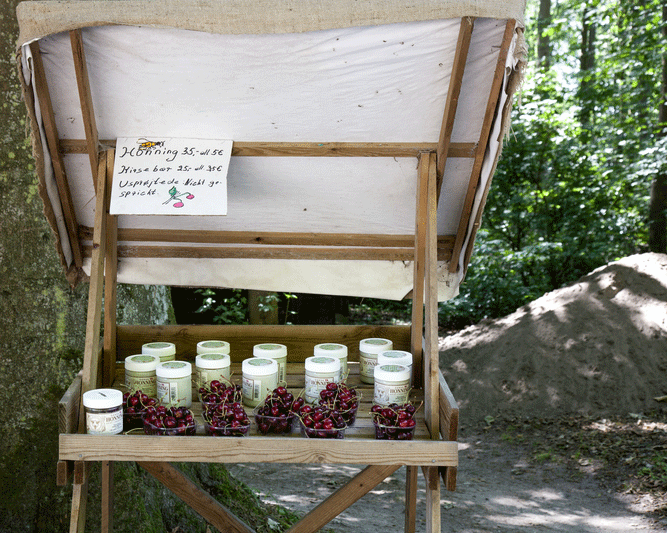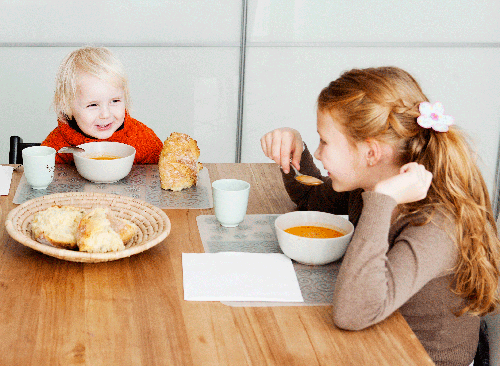Trust: A cornerstone of Danish culture
In each other we trust
Trust comes in different forms. Most people trust their friends and family, but Denmark also benefits from what anthropologists call a general societal trust, which is the ability to trust people you have never met before. In Denmark, people are assumed to be honest and reliable unless they somehow show that they are not.
This societal trust extends to a trust in Danish institutions like the government, police, judiciary, and health services. People who hold power in these positions are trusted to act in the best interest of society, and there is very little corruption. Trust is also an important part of doing business in Denmark: a Danish company can be expected to deliver a high-quality product on schedule, or be honest about the reason it cannot.
Why are the Danes so trusting?
Some experts believe that trust is a culturally-determined phenomenon built over time. Trust is learned during childhood from parents, teachers, and coaches, lasts for a lifetime, and is passed on from generation to generation.
Other anthropologists point to the historical aspect of trust. The Nordic region has been a relatively peaceful nook of Europe, with fewer devastating wars and bloody revolutions than other parts of the continent. This has offered the stability needed to develop a political system in which people trust and support each other.


Trust, an invisible Danish resource
Trust is an invisible resource in the Danish society. It means fewer social conflicts and crime because it creates a sense of harmony that increases happiness and security. Trust helps avoid many bureaucratic complications and the expenses that arise from increased security and double-checking.
Denmark is among the countries with the lowest level perceived corruption in the public sector.In Transparency International's annual ranking "Perceived Corruption Index", Denmark, Finland and New Zealand compete for the title of "least corrupt" year after year.
Trust is also conducive to a better business environment. Business relationships rely on honesty, reliability and openness, while the lack of government corruption makes dealing with the Danish state clear and predictable for companies.
Despite very limited natural resources, Denmark is among the world's most prosperous nations. Well-developed production capacity, solid infrastructure, widespread tax-financed education and innovation are some of the reasons. But there is more to it: according to political science professor Gert Tinggaard Svendsen up to a quarter of Denmark's wealth can be attributed to the high level of trust in Danish society.

What does volunteer work have to do with trust?
There is a very high level of volunteer work in the Scandinavian countries compared to the rest of Europe, senior researcher at the Danish Centre for Social Research Torben Fridberg explains. But does that mean people trust each other more?
The explanation: Historically, the many volunteer organisations in Denmark have been an important part of the democratic project. Whether it is sports teams, building associations, gardening groups, or community boards, volunteer work has been a way for people to “practise democracy” with internal group elections and funding negotiations with local government.
The welfare state is based on a high level of trust, and a high level of trust nurtures volunteer work, which again creates more trust and strengthens the foundation of the welfare state. It is a "virtuous circle", Fridberg says.
Are Danes too trustful?
Listen to the episode via Spotify or Apple Podcast and get to know us Danes a little better.


